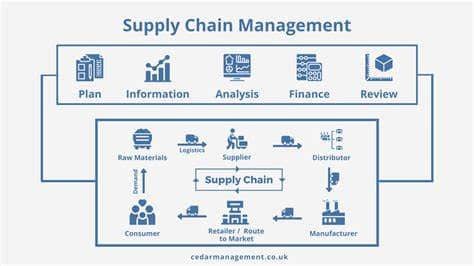In the rapidly evolving landscape of international supply chains, sourcing agents and companies have become indispensable. However, there’s a cloud of confusion surrounding sourcing agents, particularly for small businesses. This is largely due to the ambiguous and outdated information available online. This article aims to dispel these misconceptions by addressing eight key questions about sourcing agencies.
Who are Sourcing Agents?
Sourcing agents are professionals who act as intermediaries between businesses and suppliers. They help businesses find the right suppliers, negotiate contracts, and manage relationships. Their expertise in the local market, language, and business practices makes them invaluable for businesses looking to source products from foreign countries.
How do Sourcing Agents Work?
Sourcing agents follow a systematic process to ensure that businesses get the best value for their money. Here’s a brief overview of how they work:
- Understanding Client Needs: The first step is to understand the client’s needs and requirements. This includes the type of product, quantity, quality standards, and budget.
- Supplier Research: Based on the client’s needs, the sourcing agent conducts thorough research to identify potential suppliers.
- Supplier Evaluation: The potential suppliers are then evaluated based on various factors such as cost, quality, reliability, and delivery times.
- Negotiation and Contracting: Once a suitable supplier is identified, the sourcing agent negotiates the terms of the contract and finalizes the deal.
- Quality Control and Shipment: The sourcing agent also oversees quality control and manages the shipment of goods.
How do Sourcing Agents Charge?
Sourcing agents typically charge a commission based on the total value of the order. The commission rate can vary depending on the complexity of the product and the services provided by the agent. Some agents may also charge a fixed fee for their services.
Conclusion
Sourcing agents play a crucial role in international trade, helping businesses navigate the complexities of foreign markets. By understanding their role, how they work, and how they charge, businesses can make informed decisions and leverage the services of sourcing agents to their advantage.
FAQs
1. What is the role of a sourcing agent?
A sourcing agent acts as an intermediary between businesses and suppliers, helping businesses find the right suppliers, negotiate contracts, and manage relationships.
2. How does a sourcing agent work?
A sourcing agent works by understanding the client’s needs, researching potential suppliers, evaluating suppliers, negotiating contracts, and managing quality control and shipment.
3. How do sourcing agents charge for their services?
Sourcing agents typically charge a commission based on the total value of the order. Some agents may also charge a fixed fee for their services.
4. Why should a business use a sourcing agent?
A sourcing agent’s expertise in the local market, language, and business practices can help businesses navigate the complexities of foreign markets and get the best value for their money.
5. Can a sourcing agent help with quality control?
Yes, a sourcing agent can oversee quality control to ensure that the products meet the client’s standards.




